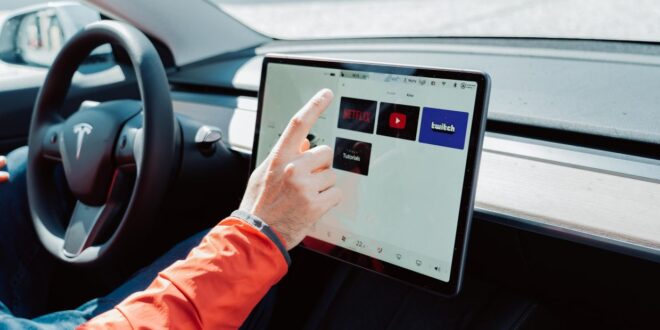Fully autonomous driving is a long way off. According to the latest assessments by the Insurance Institute for Highway Safety (IIHS), virtually all semi-automatic driving systems are not yet sufficiently advanced to guarantee optimum safety for drivers and passengers.
The IIHS is an American non-profit organization that evaluates vehicle safety and strives to reduce the number of serious accidents on the road. In its view, the automotive industry still has a long way to go before it can offer truly safe partially automated driving systems. Only one of the 14 partial automation systems tested achieved an “acceptable” rating, while most of the others were judged “poor” because they failed in many situations.
The systems tested, all available on 2023 and 2024 vehicle models, combine lane centering and adaptive cruise control to enable semi-autonomous driving on freeways. The problem, however, is that drivers must remain vigilant and keep their eyes on the road. These systems can be dangerous if the driver takes their eyes off the road for long periods, or if they disable automatic emergency braking.
“Many vehicles don’t adequately monitor whether the driver is looking at the road or prepared to take control. Many lack attention reminders that come soon enough and are forceful enough to rouse a driver whose mind is wandering. Many can be used despite occupants being unbelted or when other vital safety features are switched off,” explains IIHS Senior Research Scientist, Alexandra Mueller, in a news release.
These tests show that, while partial driving automation undoubtedly makes long journeys easier, there is, as yet, no proof that it makes them safer. And drivers shouldn’t be duped by some manufacturers’ terminology: no current system is fully autonomous. The driver still has a number of tasks to perform, and has to be on the alert in the event of a problem with the automated functions.
In the end, the Teammate assisted driving system available on the Lexus LS was the only one to prove satisfactory and gain the “acceptable” rating. The rest, including Tesla’s Autopilot, were judged to be inadequate.
The organization therefore urges automakers to adopt stricter safety measures to prevent drivers from diverting their attention from the road and/or misusing these systems. The good news is that these improvements can be made by simple software updates.
Tests were carried out on vehicle models from BMW, Ford, General Motors, Genesis, Lexus, Mercedes-Benz, Nissan, Tesla and Volvo. – AFP Relaxnews
 BeritaKini.biz Berita Viral Terkini di Malaysia
BeritaKini.biz Berita Viral Terkini di Malaysia





